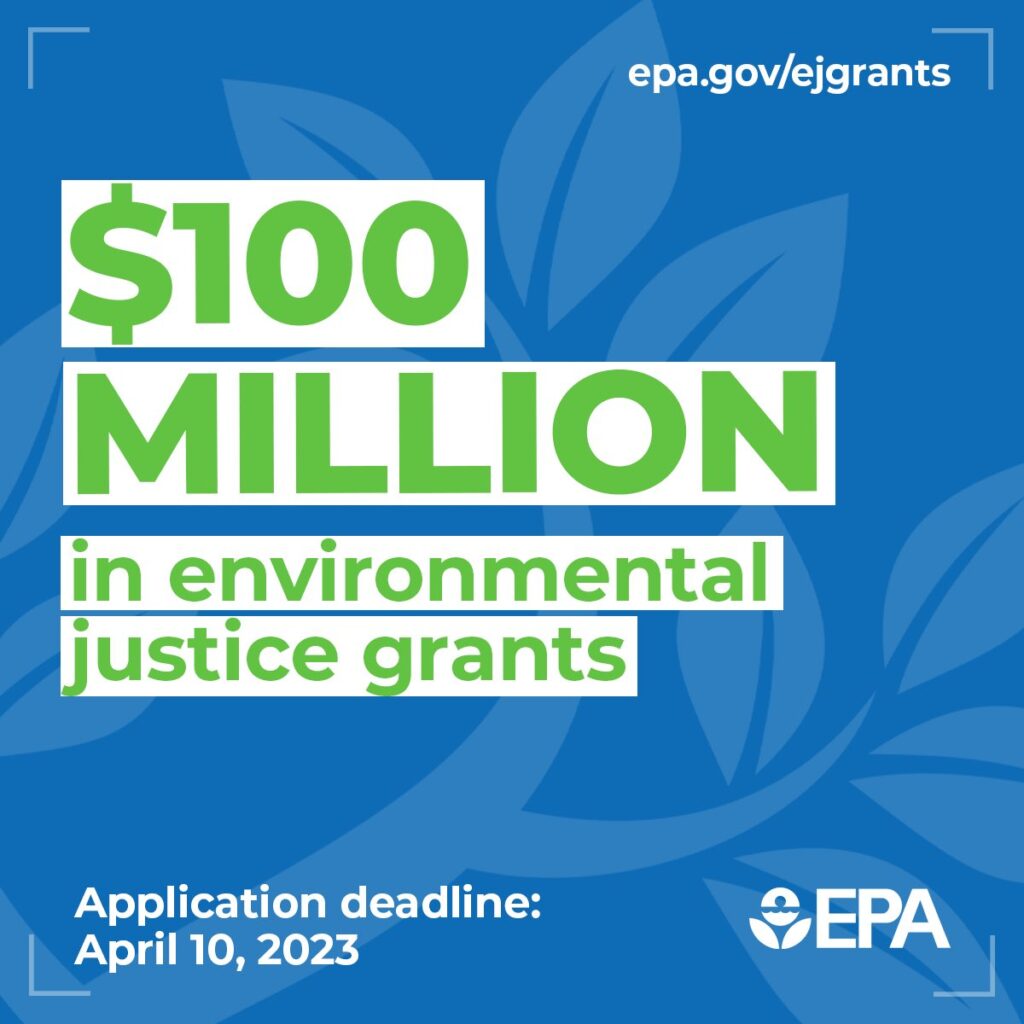- The EPA’s Technical Assistance Grant (TAG) program, although well intentioned, appears to be “another one of the many systemic barriers” facing low-income and disadvantaged communities when it comes creating a healthier environment.
- Small, grassroots community organizations may struggle with providing sufficient time and resources to handle the volume of administrative hurdles required by TAG, including preparing, processing, filing and refiling invoices, work plans and other documents.
- TAG procedures can be confusing and inconsistent, creating additional challenges for organizations to get reimbursed for the services they provide to their communities.
- Community organizers hope the EPA will improve the TAG program and remedy these “consequences of environmental racism.” For example, the EPA could support frontline-serving intermediaries to handle grant compliance. The EPA should also work with community groups to develop processes focused on the organization’s capacity and experience working with impacted communities.
By: The Hill | January 30, 2023
Over 20 years ago, the Duwamish River Community Coalition (DRCC) was founded by community activists seeking to address [local pollution and other community] problems. For more than a decade, our work has been supported in part by a Technical Assistance Grant (TAG) from the EPA. The purpose of the TAG is to “help communities participate in Superfund cleanup decision-making” by providing community groups the funds to contract a technical adviser to “interpret and explain technical reports, site conditions, and EPA’s proposed cleanup proposals and decisions.”
Yet, what was initially a helpful resource that allowed us to better serve our community has in practice become another one of the many systemic barriers that we face when working to create a safe and healthy environment for all. Recently, we decided to continue our advocacy work without the TAG…
As the EPA strives to center environmental justice in its work and organizational hierarchies, we hope the agency will reflect on the ways in which many of its systems are still deeply flawed. While new investments in environmental justice will no doubt catalyze long-awaited changes, no amount of money can remedy the consequences of environmental racism if the systems that bolster these inequities remain firmly in place.
Read more from The Hill.



